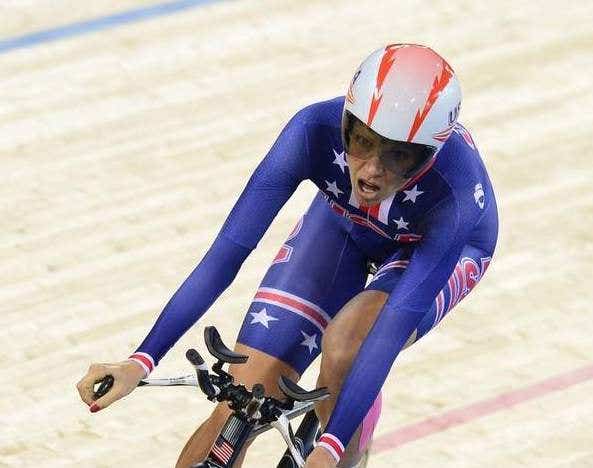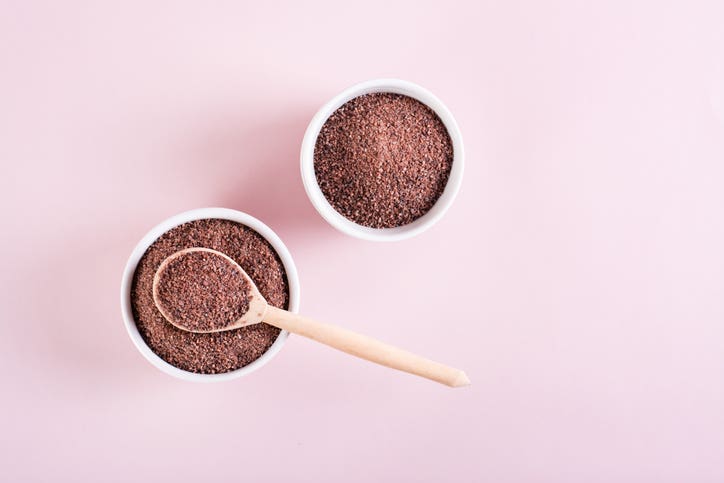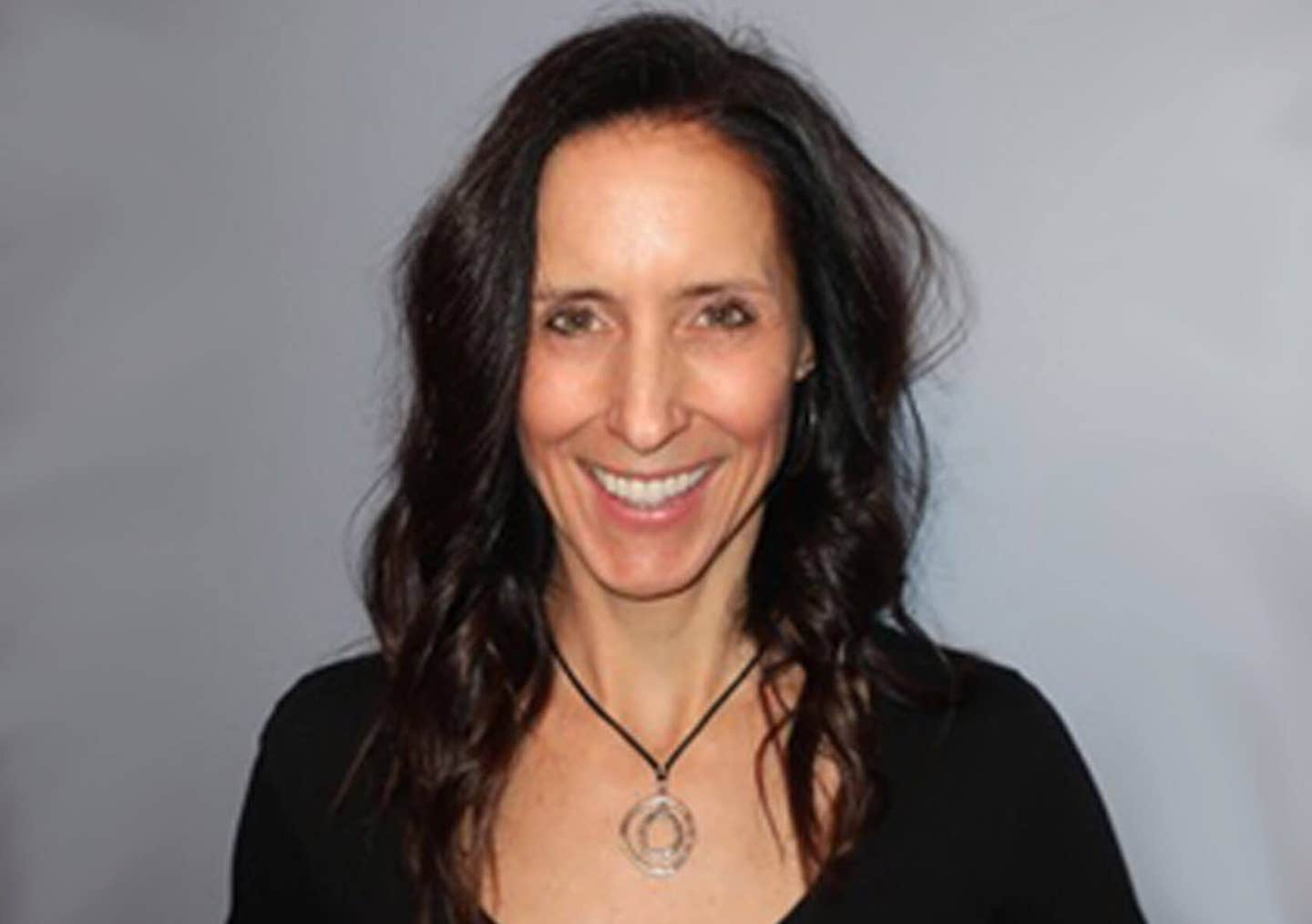
Olympic Cyclist Dotsie Bausch on Why Athletes Are Going Plant-Based
When pro cyclist Dotsie Bausch went vegan back in 2009, it was out of a desire to help animals, not to improve her athletic performance—but that's exactly what happened, garnering Bausch a silver medal at the 2012 Olympics. Now the Game Changers star has teamed up with fellow athletes to educate the public about the benefits of going plant-based.
What is Switch4Good and how did it start?
Dotsie Bausch: Society mistakenly believes that you need milk from another species to grow big and get strong, and some of us athletes who know how wrong this message is wanted to educate people about the dangers of dairy, which is how Switch4Good started. We launched with a commercial in the 2018 Closing Ceremony of the Olympics in which six Olympians from different countries explained their reasons for ditching dairy. Today, with our team of five full-time employees and numerous athletes, researchers, and doctors on our side, we’re continuing our grassroots educational campaigns to raise awareness about how harmful dairy is. We also recently launched the Switch4Good podcast and are starting our own research studies.
Why is dairy harmful, especially for athletes?
DB: The dairy industry likes to tell people that a glass of milk is the perfect drink, even for athletes who need to recover, because it contains carbohydrates, protein, and fat. And it’s true that for a baby cow, milk is a nutrient-dense drink. But when humans drink it, we get a nasty cocktail of saturated fat, testosterone, estrogen, trans fat, and so many other things. Our bodies then see that food from another species as an invader and create antibodies to fight it, which causes inflammation. Inflammation is the great inhibitor of repair and recovery for everybody, but athletes in particular. And for all of us, inflammation is the impetus to most chronic diseases.
After you went vegan almost 10 years ago, what changes did you notice in your body?
DB: There were probably changes in my body like enhanced blood flow from nitric oxide to my working muscles. But what I noticed was my recovery. I was in my late 30s when I was trying to make the 2012 Olympic team, which made me 10–20 years older than my teammates and competitors. Many people told me I wouldn’t make the team, but I knew that if I wanted to do it, my race to the Olympics would be about repair and recovery. I needed to be able to handle a high workload one day and repeat it the next, which is where the anti-inflammatory nature of plants helped. I also had to build lots of muscle, and in three years, I went from being able to push a little over 300 pounds to almost 600 pounds on a leg sled. The only change I’d made? My diet.
What are your top tips for ditching dairy?
DB: First, don’t use the excuse that it’s all or nothing. Although you can do this overnight because of all of the nondairy alternatives available, it’s OK to take baby steps. Then go to your grocery store to see what’s in the nondairy aisle and start experimenting.
Curious about other plant-based athletes? Check out our archives to learn more about NFL players, pro surfers, ultra runners, weightlifters, and other athletes who have gone plant-based and made strides in their performance.

About the Author

About the Author
Karen Asp, MA, CPT, VLCE
Join our mailing list
Get free recipes and the latest info on living a happy, healthy plant-based lifestyle.
By providing your email address, you consent to receive newsletter emails from Forks Over Knives. We value your privacy and will keep your email address safe. You may unsubscribe from our emails at any time.